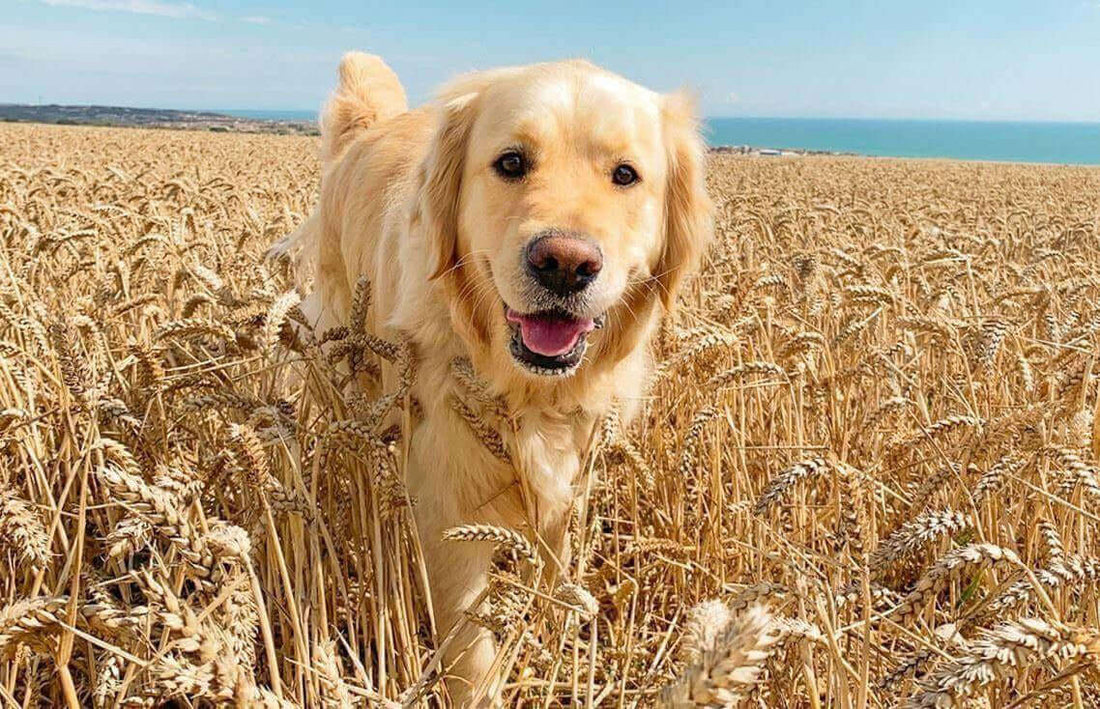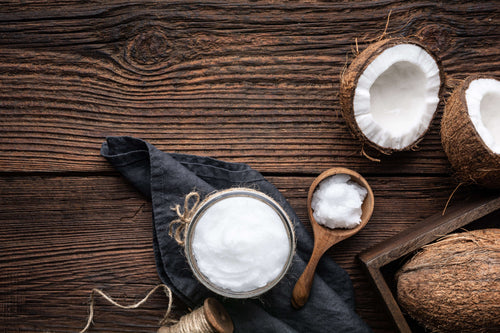
The Benefits of Whole Grains
Share
Your dog deserves the best, so you want them to eat healthy foods packed with nutrients. Whole grains offer an added boost to your dog’s diet. While some dogs benefit from grain-free diets others thrive with grain-friendly dog food.
If you’re interested in switching up your dog’s current food formula or you simply want to explore ways to incorporate other nutrient sources into their diets, whole grains could be the option for you.
What Are Whole Grains?
Whole grains aren’t just a buzzword used in the health food industry. The name is a term used to describe a variety of wholesome grains packed with nutritional benefits.
Whole grains have three parts: the bran, the germ, and the endosperm. The outer layer, or the bran, is rich in B-vitamins, antioxidants, and fiber. The germ is the core, containing minerals, protein, healthy fat, and vitamins. The largest layer is the endosperm, which is the starchy part of the grain containing the bulk of its carbohydrates and protein.
Whole vs. Refined
All parts of whole grain are intact, hence the word “whole.” In contrast, refined grains contain only the endosperm. Refined grains are processed to remove the bran and germ.
During this refining stage, the grain loses some of its protein and core nutrients, which is why they’re considered less nutritious than whole grains. We typically see refined grains in the form of white flour, white bread, and white rice.
When it comes to your dog’s food, you want to choose grain-friendly formulas with whole grains instead of refined grains because it’s less processed, so your pup can reap all the healthful goodness.
Nutritional Benefits
Brown rice, quinoa, rye, oats, millet, and barley are a few whole grains often found in grain-friendly dog food. But did you know they are a valuable addition to your dog’s diet? Some people may think whole grains are added to dog food as a filler. But that’s simply untrue.
Whole grains offer a natural source of protein, carbohydrates, fiber, antioxidants, vitamins, and minerals. Note: Whole grains should not be your dog’s primary source of protein because it is not a complete protein source like animal proteins.
On average, whole grains contain up to 8 grams of protein per cup, 3 grams of fiber per 16 grams of grains, and around 20% of essential vitamins and minerals needed in the diet per 45 grams.
Other benefits of whole grains include:
- Weight management
- Lowered cholesterol
- Reduced risk for heart disease
- Reduced risk for certain cancers
- Maintaining blood sugar levels
If your pup is a breed that could develop dilated cardiomyopathy (DCM) whole grains are a great alternative to a grain-free diet. Be sure to note that some dogs do have sensitivities to whole grains. Always consult your veterinarian before switching to a new diet.
Choose Wisely
When shopping for dog food, make sure the formula you choose includes whole grains, not refined grains, and check the first five ingredients for protein.
Ideally, you want dog food with a healthy balance of proteins, carbohydrates, and vitamins and minerals. Whole grains are not a supplement for a balanced diet.
Whole grains might be nutrient-dense, but your dog still needs quality proteins and other ingredients like vegetables, in their diet. Choosing an Association of American Feed Control Officials (AAFCO) approved dog food that is complete and balanced is the best way to ensure your dog is receiving everything they need to thrive.


